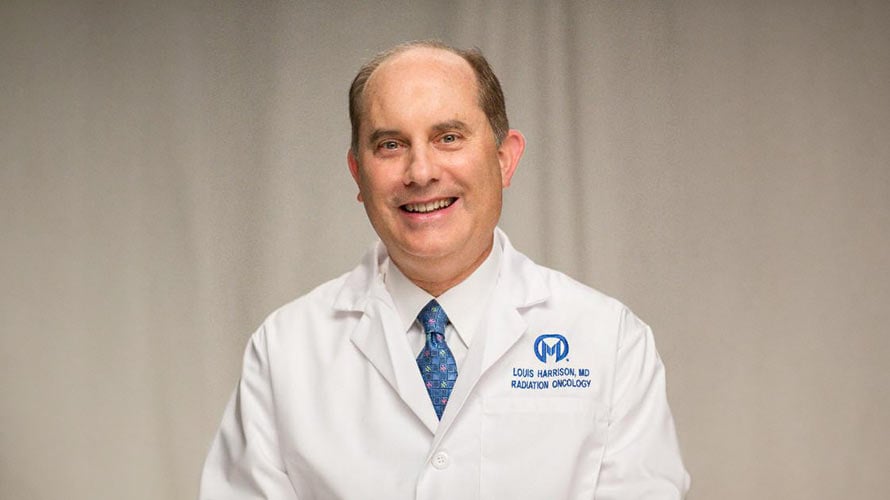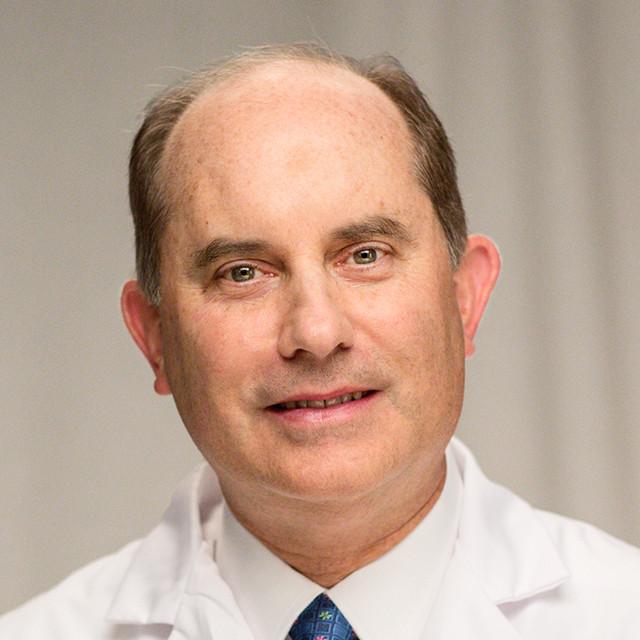Dr. Harrison's Story

Louis Harrison, MD
Chair, Radiation Oncology Program
"Personalizing cancer care is really just in its infancy…and personalized radiation therapy is a very new idea."
Dr. Harrison came to Moffitt Cancer Center by way of New York. Already internationally recognized for his expertise in the areas of head and neck cancer, he was intrigued when invited to interview for Moffitt’s chair of radiation oncology position in 2014.
“I became very impressed by Moffitt and all the exciting things that were going on,” he says, “and I came to believe that Moffitt is not only at the forefront of cancer research and treatment, but that there were unique opportunities to take cancer care to the next level in a way that was different than most other institutions.”
One of those differences lies in the promising field of personalized medicine, which strives to customize a patient’s treatments based on his or her unique genetic traits. Dr. Harrison hopes to advance this innovation within his field of radiation oncology.
“Everybody has a different makeup, and everyone’s tumor is genetically different,” he explains. “And so we’ve conceived of ways to personalize how much radiation and how to do it for individual patients.”
He believes Moffitt has the ideal foundation to transform radiation therapy, an important step in the larger goal of “transforming the entire model of care as we enter the new world of health care.”
Personalized medicine combines exciting new areas like mathematical modeling, “looking at how tumors grow and how they spread, and seeing how radiation can interfere with that process,” Dr. Harrison says. “Personalizing cancer care is really just in its infancy…and personalized radiation therapy is a very new idea,” he adds.
Not surprisingly, Dr. Harrison is inspired by the courage he sees in both patients and families dealing with cancer. “It shakes the bedrock of every aspect of your existence,” he observes, “and yet you need to then navigate those difficult waters and put your life in the hands of total strangers. It’s an enormous responsibility to earn their trust…and then to walk with them during that journey.”
He believes there’s a process involved in a patient finding his own courage. “Embracing your fear and feeling afraid is courageous,” he says. “You’re courageous because you showed up for treatment. You showed up for your scan. You showed up for your visit. And you may be afraid, but that doesn’t mean you’re not courageous.”

